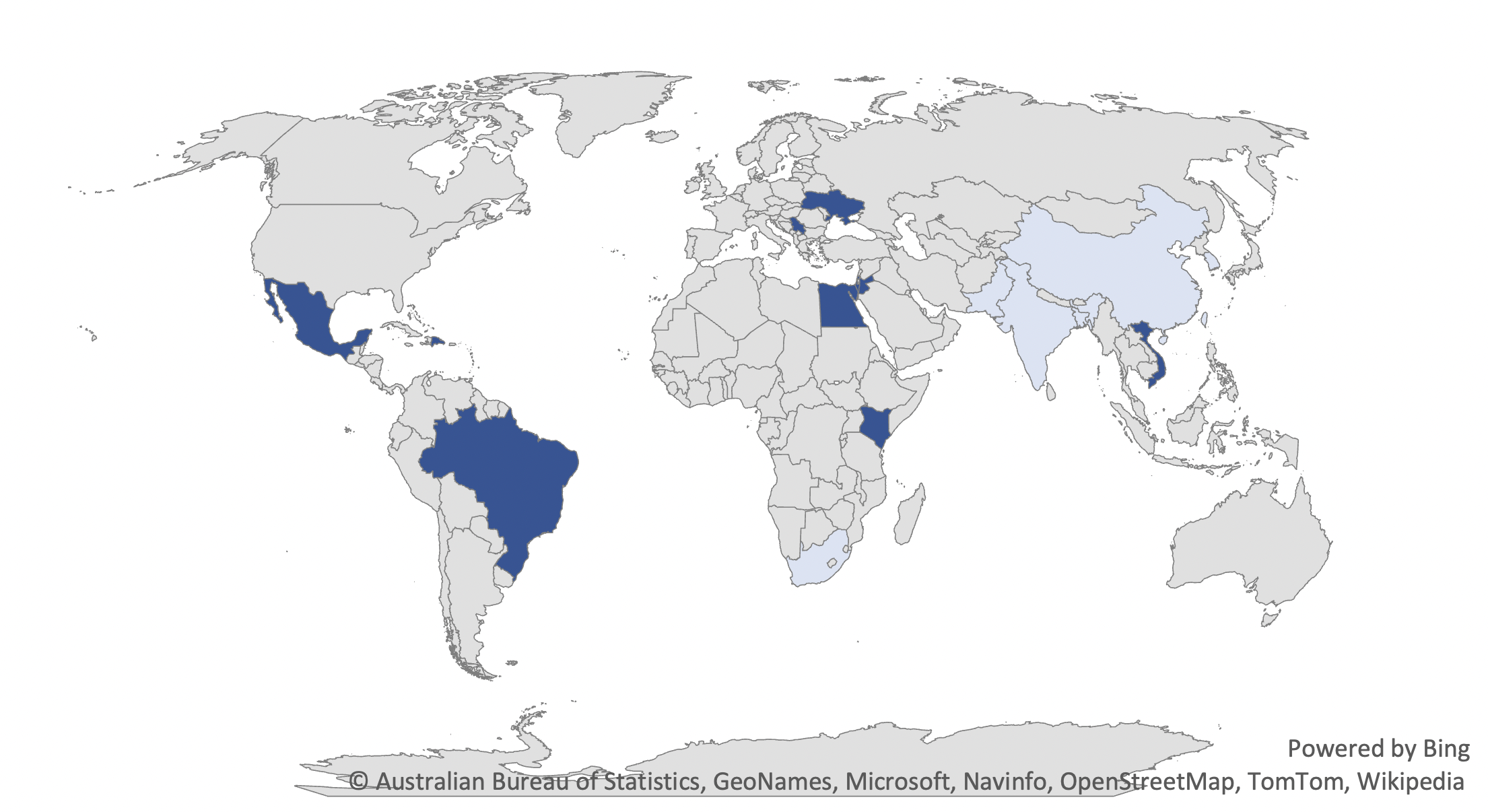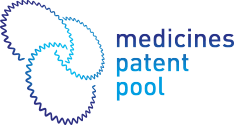Bringing medicines closer to those who need them the most
7 April 2022
Message from the Executive Director Charles Gore on World Health Day 2022
Keeping humans and our planet healthy is this year’s message for World Health Day. Keeping humans healthy requires many things, one of the most significant is access to needed medicines, and for that access to be real, the medicines must be both affordable and available for that access to be real. Since its creation, the Medicines Patent Pool (MPP) has enabled the delivery of billions of safe, effective, quality and affordable treatments for people living in low- and middle-income countries (LMICs), making sure communities can thrive and that no one is left behind.
Learning from the pandemic
The COVID-19 pandemic has highlighted with horrific clarity the fact that innovation means nothing if there is no availability, and that equity is critical to human health. No other event like the COVID-19 pandemic has shown the dangers and limitations of relying on a handful of companies to supply global public goods. As we have witnessed, this dependency directly impacts people’s livelihoods and well-being. The obvious lesson is that we must geographically diversify the manufacturing base for health products, with the added benefit that shorter supply chains potentially reduce energy use. Otherwise, we will not have the health security that a healthy planet needs.
Access and geographic diversity
With this in mind, when at the end of last year we signed licences for COVID-19 antiviral drugs with MSD and Pfizer, we strongly encouraged generic manufacturers to apply for sublicences from countries right across the world. This resulted in 63 sublicence agreements with generic manufacturers in 16 countries – 27 for MSD’s drug molnupiravir and 36 for Pfizer’s drug nirmatrelvir. These two licences will bring much-needed COVID-19 treatments to reduce the risk of hospitalisation and death to people in over 100 LMICs.
Indicating that our efforts had worked, 34 companies signed sublicences with MPP for the first time and were selected after going through our rigorous Expression of Interest process. This is excellent news on two fronts: it shows that there are manufacturers on every continent able to meet our stringent quality requirements and hence provide health security, and with treatments made closer to people, it will have a positive environmental impact.
Table: MPP works with generic manufacturers across 16 countries

|
Light blue |
Countries where MPP had been working with generic manufacturers before COVID-19 – Bangladesh, China, India, Pakistan, South Africa, Republic of Korea |
| Dark blue | New countries where sublicences have been recently signed – Dominican Republic, Serbia, Mexico, Kenya, Jordan, Israel, Egypt, Brazil, Ukraine, Vietnam |
Today, a total of 58 generic manufacturers and product developers are working with MPP to supply medicines for COVID-19, HIV, hepatitis C and tuberculosis in LMICs.
While we continue our efforts to accelerate immediate access to effective treatments through voluntary licensing, MPP is also working with its partners to address systemic issues.
Vaccines too need to be made closer to home
The mRNA Technology Transfer Hub programme is a global initiative that aims to improve health and health security by establishing sustainable, locally-owned mRNA manufacturing capabilities in LMICs.
Its core concept is empowerment. Bringing know-how and local production capacity of mRNA vaccines and therapeutics closer to home will allow LMICs to manufacture their own health products to fight current and future pandemics.
Thanks to funders and partners, the mRNA technology transfer hub programme is well underway. To support this programme, as well as other parallel initiatives to increase manufacturing, WHO recently set up a biomanufacturing workforce training hub in the Republic of Korea that will also provide support through training and strengthening regulatory capacity. Building local capacity and strengthening regional workforces will empower countries, leaving them less dependent on importing from afar, therefore they will no longer be last in line in times of crisis.
The need for substantial investments was one of the topics discussed during a recent panel discussion I hosted at the 7th EU-Africa Business Forum to explore ways to strengthen Africa’s local manufacturing capacity. Africa has big potential to develop its local manufacturing capacity, but establishing a sustainable business model will require not just investment, technology transfer and training but equally as important political commitment to support that local production.
More needed for NCDs
COVID-19 has weakened the ability of countries to respond to non-communicable diseases (NCDs), including cancer, asthma and heart disease – conditions that have been exacerbated by a polluted planet. MPP is working to apply its partnership model based on voluntary licensing with industry that has worked so well in HIV and viral hepatitis to the vast field of NCDs. We have included new essential cancer medicines on our free patent database MedsPaL and are talking to many originator companies and partners about increasing access to these much-needed treatments.
A healthy world, a healthy planet
Today is a moment of reflection on the work we have done and the path ahead. The ongoing battle against the pandemic is a reminder that equitable access is essential to a healthy and sustainable world. To mark World Health Day 2022, the World Health Organization is calling on leaders to focus global attention on the urgent need to keep humans and the planet healthy and foster a movement to create societies focused on well-being. At MPP, we remain committed to ensuring people in LMICs are not left behind when it comes to affordable and quality health products.







